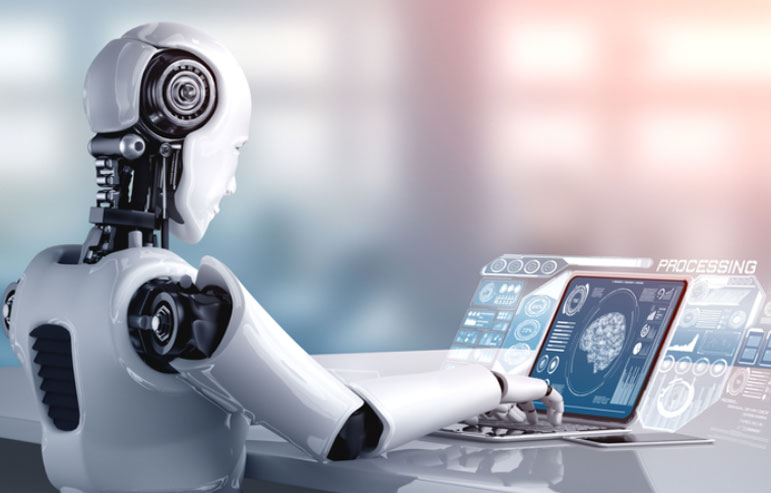The integration of recruitment automation is a serious topic of discussion among HR professionals and business leaders.
As companies face mounting pressure to fill positions efficiently while maintaining quality hires, many are considering AI solutions.
But does AI truly belong in your hiring process?
Benefits of Recruitment Automation
AI tools have demonstrated significant value in streamlining recruitment through intelligent automation.
These technologies efficiently handle high-volume tasks like application processing, candidate sorting, and routine communications, leading to substantial time and cost savings.
The key advantages include:
- Faster Processing and Screening: AI systems can evaluate thousands of applications rapidly, matching candidates to job requirements using sophisticated algorithms. This dramatically reduces the initial screening time from weeks to hours.
- Improved Candidate Experience: Automated systems provide instant application acknowledgments and regular status updates, while AI chatbots offer 24/7 responses to common queries, keeping candidates engaged throughout the process.
- Data-Driven Decision-Making: AI tools generate valuable insights on hiring metrics, channel effectiveness, and candidate engagement patterns, enabling organisations to continually optimise their recruitment strategies.
- Resource Optimisation: By automating routine tasks, HR teams can focus on high-value activities like building relationships with top candidates, conducting meaningful interviews, and developing strategic hiring initiatives.
For many organisations, this automation has reduced time-to-hire and lowered administrative costs while enabling HR teams to concentrate on the human elements of recruitment that truly impact hiring quality.
The Challenges
However, the implementation of AI in hiring processes brings important considerations.
One pressing concern is compliance with data protection regulations. The General Data Protection Regulation (GDPR) specifically addresses the automated processing of personal data.
Organisations must obtain explicit consent from candidates before using AI to process their information, and many current AI recruitment tools may not meet these requirements.
A critical aspect of GDPR compliance that many organisations overlook is Article 22, which gives individuals the right not to be subject to decisions based solely on automated processing, including profiling.
Recruitment tools that automatically screen or reject candidates without human oversight may violate GDPR requirements.
Companies cannot simply assume implied consent or include AI processing in their standard terms and conditions — explicit, informed consent is required.
Many AI recruitment platforms currently in use may be violating these regulations, potentially exposing organisations to significant legal and financial risks.
Finding the Right Balance
When considering AI implementation, organisations should carefully evaluate which parts of their recruitment process benefit from automation and which require human judgment.
While AI excels at tasks like scheduling interviews and managing initial communications, human recruiters remain essential for assessing cultural fit, understanding nuanced candidate experiences, and making final hiring decisions.
Using The Right Tools (Implementing Recruitment Automation Successfully)
The selection of AI tools requires careful consideration.
Recent research from Capterra shows that many companies choose the wrong software as they grow, leading to significantly more costs and less productivity.
Organisations should assess potential tools based on security, scalability, and specific use cases rather than being swayed by marketing claims.
For successful implementation, companies should develop clear processes that combine AI efficiency with human expertise.
This might include using AI for initial application processing while maintaining human oversight for candidate selection and evaluation. Staff training and adaptation strategies are crucial for the smooth integration of these new technologies.
Looking Forward
Looking ahead, the role of AI in recruitment will continue to grow, but successful hiring will always require human judgment.
Organisations that find the right balance between automation and personal interaction will likely see the best results in their hiring processes.
For employers considering AI recruitment tools, the key lies in understanding where automation adds value and where human interaction remains crucial.
By maintaining this balance while ensuring compliance with data protection regulations, organisations can create an efficient and effective hiring process that serves both the company and its candidates well.
Final Thoughts
Remember that AI should enhance rather than replace your recruitment team’s capabilities.
When implemented thoughtfully, these tools can free your HR professionals to focus on what they do best: building meaningful connections with candidates and making informed hiring decisions that strengthen your organisation. Contact a member of our Recruitment Team, if you would like some assistance with finding the right way to recruit for your business.



